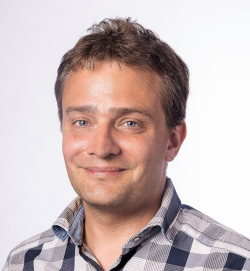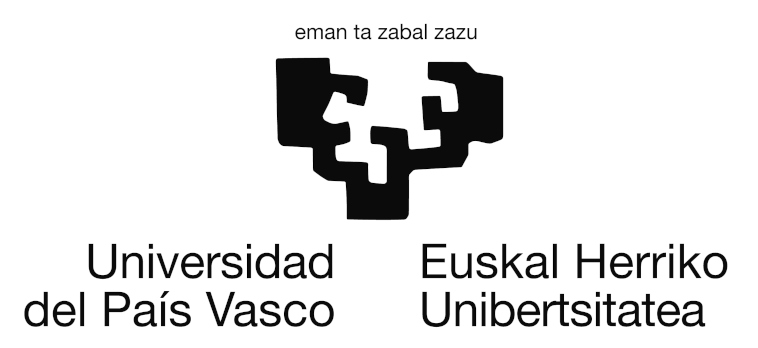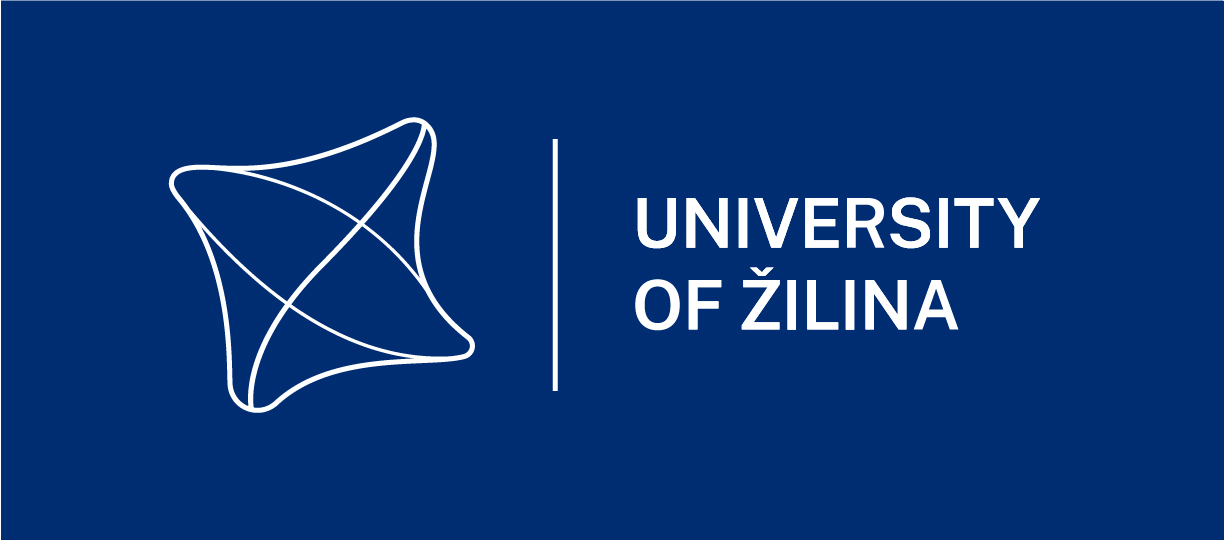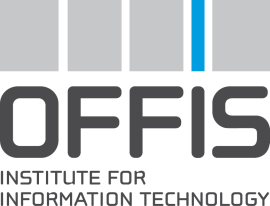Tutorials
A State-of-the-Art Review of Random Number Generators with Parallel Streams
Description
Reliable random number generators are essential for stochastic simulation and for many other applications. In parallel computing environments, we need multiple streams of random numbers that can run independently of each other. This tutorial talk surveys the state of the art on the design and implementation of random number generators for simulation, with an emphasis on the production of multiple streams and substreams of random numbers. Different approaches are discussed, including the classical recurrence-based algorithmic generators, as well as the more recent counter-based generators and dynamically splittable generators, which permit one to create (not only run) the muliple streams in parallel. We also review the basic quality criteria for good random number generators in general, and their theoretical and empirical testing. Finally, we point out issues that would require further study and software that we still miss.
Curriculum Vitae
Pierre L'Ecuyer is a Professor in the Département d'Informatique et de Recherche Opérationnelle (DIRO), at Université de Montréal, Canada. He is a member of CIRRELT and GERAD research centers. He held a Canada Research Chair in Stochastic Simulation and Optimization for 2004–2017 and an Inria International Chair (at Inria-Rennes, France) for 2013–2018. His main research interests are random number generation, quasi-Monte Carlo methods, variance reduction, sensitivity analysis and optimization, and stochastic simulation in general. He has published about 300 scientific articles, developed stochastic simulation software, gave nearly 400 presentations at conferences, research centers, and universities, and served as a referee for 172 different scientific journals. He received the Lifetime Professional Achievement Award from the INFORMS Simulation Society in 2020, Computer Science Canada Lifetime Achievement Award in 2019, ACM SIGSIM Distinguished Contributions Award in 2016, Canadian Operational Research Society Award of Merit in 2014, the INFORMS Simulation Society Distinguished Service Award in 2011, and the INFORMS Simulation Society Outstanding Research Publication Award three times, in 1999, 2009, and 2018.
Addressing Common Obstacles in Credit Risk Modeling and Solutions
Description
This session encompasses several sub-topics, contingent upon the allotted workshop duration. The session would commence with an overview of the problem, followed by an examination of industry best practices and potential shortcomings thereof, illustrated by relevant case studies. For instance, one segment delves into the intricacies of the reject inference problem in the development and deployment of new scorecards. Subsequently, the audience will be invited to actively participate in a dialogue, sharing their insights and proposed methodologies to address the identified challenges.
Curriculum Vitae
Matěj Urban is responsible for risk management, data science, data infrastructure, pricing and financial models in AREA42, which is the innovation vehicle of Credendo (Belgian credit insurance group), focusing on developing innovative financial products for small and medium enterprises with the main mission to create, innovate and manage solutions for a fluid, risk-savvy trade environment. Matěj has experience in building a profitable online lending portfolio in Indonesia, a retail Buy Now Pay Later portfolio in Central Europe and B2B Buy Now Pay Later in Western Europe. His main interest is optimizing business outcomes of financial institutions by applying statistical models and data analytics in risk management processes. He has led several projects that were based strongly on a statistical approach and led to significant business improvements. Results include (1) implementing new scorecards that improved the quality of underwriting (increased from 40 to 65 Gini points in Buy Now Pay Later product and from 40 to 60 in registration score cards in the Central Europe market; doubled the performance of score cards in Indonesia), (2) applying dynamic scoring that enabled better monetization of the customer base by targeted limit increases, and (3) optimizing the underwriting and scoring workflow that led to savings in costs for external data (3-5 times in all online products in Indonesia). Before becoming a risk manager, Matěj worked in consulting where he focused on economic analysis and was also involved in several scientific research projects.

AREA42
Brussels, Belgium







